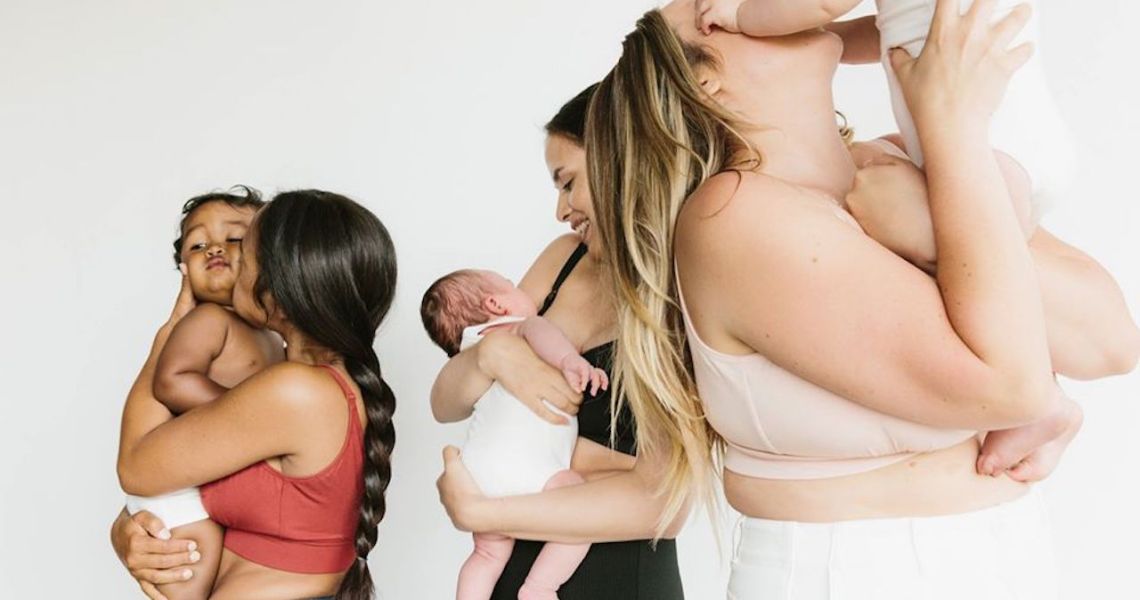At a time when more people are at home and on their phones, brands are grappling with how to get customers to buy products without being insensitive to the current climate due to the coronavirus pandemic.
More brands in the beauty and fashion space are experimenting with Instagram Live, hosting live workouts, virtual master classes or Q&A sessions for followers. Another area where brands are having to improvise on Instagram is on the shopping front. Some brands, including Rebecca Minkoff and Storq, have shifted focus in their Instagram feeds to posts featuring cozy work-from-home essentials. Others are scaling back on product-centric posts and are tagging fewer products to make them shoppable, wanting to avoid being seen as capitalizing on a global crisis. Overall, most are struggling to figure out how to balance promoting product at a time when sales are crucial — and brick-and-mortar sales are down to zero — without seeming tone-deaf.
“We have no choice but to think about sales, with the retail revenue stream completely stopped. There are a lot of concerns we have around preserving as much cash as possible,” said Ariane Goldman, founder of Hatch. Hatch’s retail stores are closed and wholesale sales, roughly 10% of Hatch’s business, are effectively wiped out for the coming weeks.
Jewelry company Gorjana pushed out some polls to followers through Instagram Stories last week to see what people wanted to see from the brand, if anything at all. In the past, the company has been heavily product-driven in its organic Instagram feed, but based on poll results, the company found it needed to shift its marketing strategy and pull back on tagging products in posts.
“We’ve really shifted to focusing on how people’s lives are being impacted and posting more uplifting content,” said Nicole Lamming, head of brand marketing at Gorjana.
The team worked with its in-house graphic designers to create more graphics with positive quotes, tips for trying times, and lighthearted reminders to relax and take a deep breath. Product posts are still part of the strategy, though. In the last week, 6- out of 14 organic posts included tagged, shoppable products. In a typical week, the company might do double the amount of shoppable posts.
Plenty of brands have revised or pulled back on social media and marketing strategies in the last week. But social is going to be an increasingly important channel for brands during this time, said Tamara Gaffney, vp of decision strategy at digital intelligence platform Quantum Metric.
Ad position: web_incontent_pos1
“As we get used to the new normal of the economy and environment we are in, brands will take advantage of the fact that there are more eyeballs and opportunities to bring people onto their e-commerce sites through social. Why wouldn’t you?” said Gaffney.
Storq, a maternity clothing company, said it’s still moving ahead with upcoming product launches, but will rethink the way it markets and promotes those products — especially on Instagram.
“We do a large photoshoot each year, typically scheduled for April, which is off the table now. We are thinking of creative ways to shoot products on people in their homes. Even if people aren’t shopping right now, we want to be top-of-mind when they do want to shop again,” said Courtney Klein, co-founder of Storq.
The company is working with influencers and friends to shoot some of its upcoming products, but with a unique challenge of finding women who are pregnant and able to take quality photos. When the brand does navigate that challenge, Klein said Storq won’t be too focused on posting product pictures on Instagram.
Storq does have a shoppable Instagram feed and tags products in organic social posts roughly once a month, plus it more often tags products in Instagram Stories. However, with the exception of cozy, work-from-home or lounge attire, that will change, said Klein.




